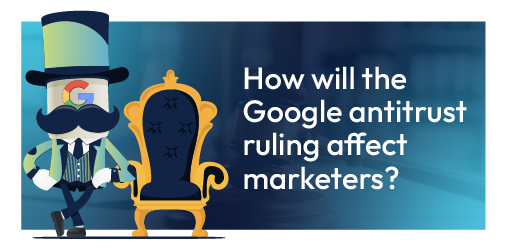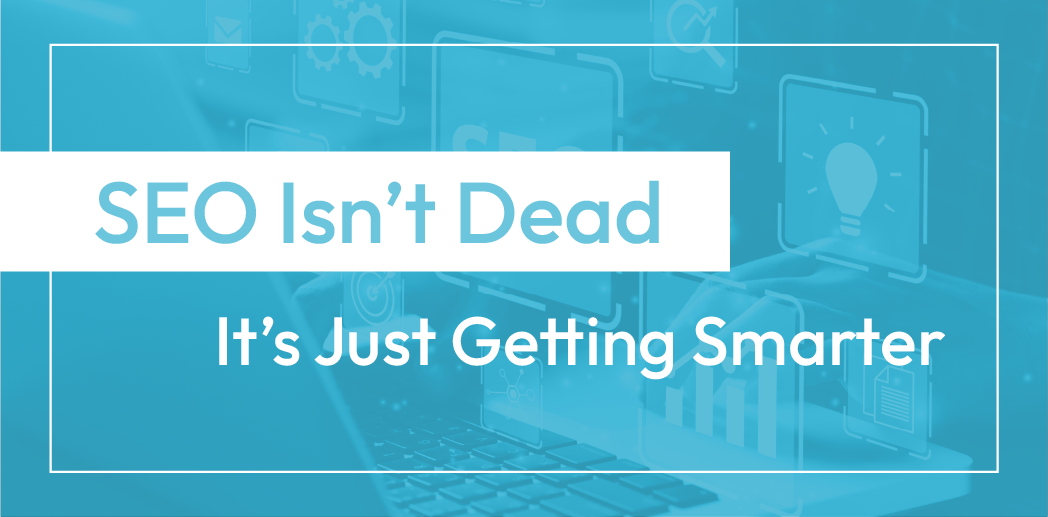Marketing in the Metaverse

Meta has been the talk of the town in recent years. Consumers are intrigued by the possibility of a virtual world with real-life implications, and Facebook’s rebrand as Meta in December of 2021 set the nascent idea into action. However, Zuckerberg’s metaverse is only one of many.
As the final quarter of 2022 rapidly approaches, what is the state of the metaverse, and how should marketers respond? It’s an important question. Below, we discuss the ins-and-outs of the metaverse for marketers as we currently understand it.
Defining the Metaverse
To help us understand what a metaverse is by definition, Influencer Marketing Hub defines six key characteristics:
- Always active; never ending
- Exists in real time; synchronized with the real world
- Players have individual agency
- Self-contained and fully-functioning universe
- Mix of different platforms; able to bring items from one platform to another
- User-generated content
The History of the Facebook Metaverse
Before Facebook’s rebrand in December, the idea of the metaverse was garnering interest among consumers and marketers.
After the birth of Meta from Facebook, Microsoft’s acquisition of Activision laid the foundation for construction of the metaverse. Meanwhile, companies with a vision for professional metaverse integration have raised billions of dollars for the immersive, virtual world.
On the other hand, some consumers, marketers, and companies are skeptical of the metaverse and its implications – will it REALLY change the internet as we know it today? Should the metaverse mold our marketing strategies?
As with many new ventures, we don’t know the answer until we try, fail, and capitalize on our learning.
In the remainder of this blog, we will explain the possibilities and prospective implications of the metaverse, allowing marketers to uncover the possibility of a uniquely immersive internet for themselves.
Understanding Metaverses for Marketing
Know the current metaverse audience
Millennials and Gen X are the primary audiences engaging with metaverses – from Roblox to VR technology. Thus, marketers looking to reach these audiences should consider the metaverse as an active place to engage.
Metaverse members appreciate collectibles
As in the real-world, metaverse members like to collect items and showcase their interests. The Gucci Garden experience on Roblox, for example, allows Roblox members collect and feature limited-edition Gucci items, a majorly successful and lucrative marketing endeavor for Roblox.
Metaverse marketing often parallels real-life marketing
Many brands are creating metaverse experiences that relate to their real-world affiliations, products, or services. For example, AB InBev created Zed Run – an Ethereum-based game where participants can buy, breed, and race digital horses. The largest beer brewer in the world had experience in horse racing industry.
Metaverse marketing should be immersive
An example of metaverse marketing could include virtual billboards. Some brands are taking immersive marketing to the next level and creating virtual events that users can interact with, including concerts performed in video games or VR experience visits.
Metaverse marketing is experimentative
As with any new platform or concept, marketing in the metaverse with be experimentative! Much of the metaverse is undefined. Brands are certainly establishing trends and defining guidelines, but there are few “rules” that should be followed at this time.
Influencer Marketing Hub says it well:
“Best practices have yet to be properly established, and paradigms have yet to be fully and comprehensively created. This gives marketers plenty of room to try to be unique and experimental in their approaches.”
Do Metaverses Pose Any Challenges?
We must acknowledge a few challenges that metaverses pose.
1. There is a barrier to entry
Many metaverse experiences require VR technology and high-quality computers to enjoy as intended. Because of this, metaverses are currently difficult to mass market.
2. Metaverses are not widely understood
Simply speaking, metaverses are not widely understood, accepted, or utilized by a wide variety of demographics, because they are often associated with children’s games.
3. Privacy may be a concern
Metaverses are relatively new, requiring new, evolved privacy and security measures. Unfortunately, these measures are not always established, causing data privacy concerns.
4. Branding must be prioritized
When considering metaverse marketing, prioritize your branding guidelines and your value propositions. Never compromise on your “why” or your branding standards to jump on the newest platform before you’re ready. Additionally, because metaverses are accessible for all, brands have less control over the content their advertisements appear by or the way their advertisements are interacted with.
RivalMind
RivalMind is a full-service digital marketing agency with a unique dedication to our clients. We specialize in websites that convert, expert SEO, and strategic social media marketing.
Learn more about
our services or
get in touch with our team!

Meet the Author
Matt Scroggs
CMO RivalMind
Hi, I'm Matt Scroggs, a digital marketing strategist. For two decades I served as the senior digital marketer for several global, iconic brands. Today, I'm the chief marketing officer at RivalMind, an agency 100% dedicated to helping companies thrive by driving transformational growth through innovative digital marketing. I'm also a lifelong Cubs fan, a faithful family man, and a web analytics junkie—relentlessly tracking conversions, loyalty, and advocacy, which are often as elusive as the pennant!
Specialties: Helping Businesses Grow, Marketing Strategy, Idea Guy
Looking for more organic website traffic?
Welcome to RivalMind. Our purpose is to help your business thrive. We are a digital marketing agency that offers SEO, PPC, Web Design, Social Media and Video Solutions as tools to our clients for online business development and growth.
Contact us today to get started!
Blog Contact Form
Connect with Us:




